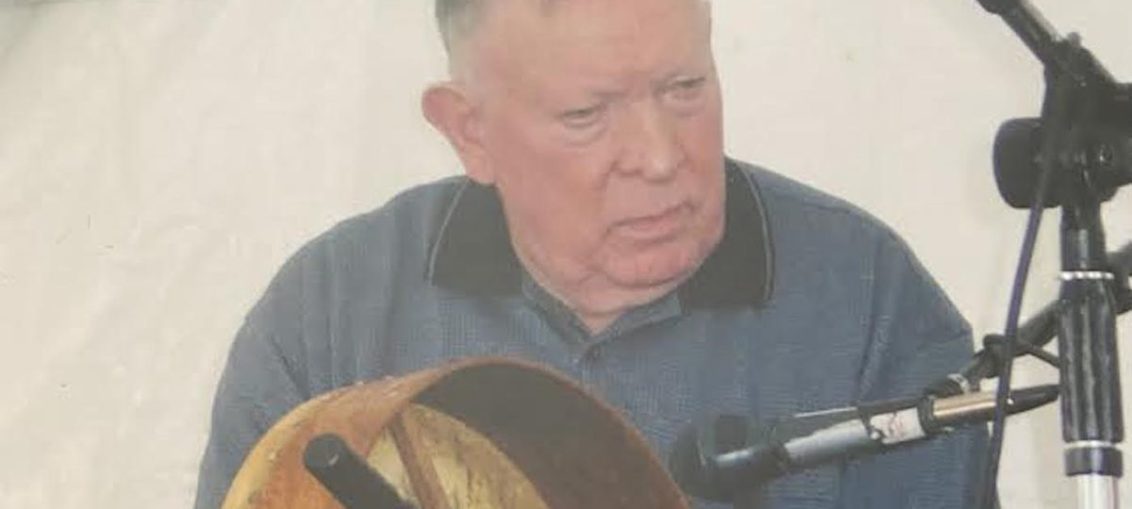
When Malachy Towey beat on his drum, it will make an individual need to dance a jig — or march off to struggle.
He most definitely used to be the oldest individual in Chicago to play the bodhran, a standard Irish tool comprised of a goatskin stretched over a spherical wood body.
Accordionist Jimmy Keane mentioned he used to be “the first musician I ever saw play the bodhran with his massive hands and knuckles — no sticks, brooms nor brushes for Malachy — just straight from his heart to his hand.”
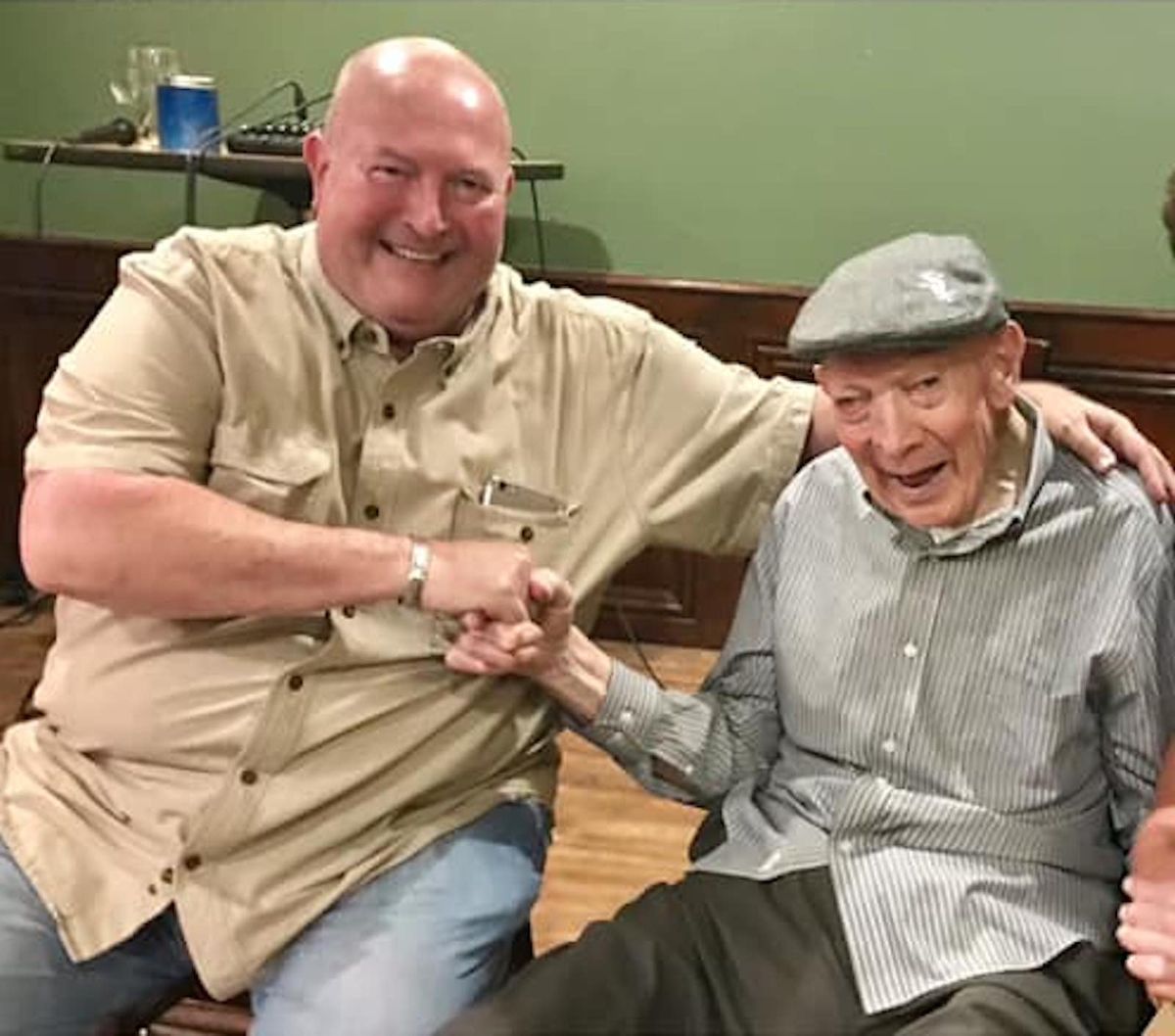
Malachy Towey (proper) with accordionist Jimmy Keane.Jimmy Keane
Those giant fingers additionally may mirror the tiny rosettes within the moldings on the Chicago Cultural Center. The founding father of Beverly Plastering, he labored as a plasterer on the middle and different structures together with hospitals, colleges and eating places.
Mr. Towey, an Irish immigrant from Cloontia in County Mayo, died in his sleep Wednesday at 99 at his Mount Greenwood house.
“He had a wonderful day,” his daughter Esther Muhr mentioned. “He had a great dinner and was really happy and content.”
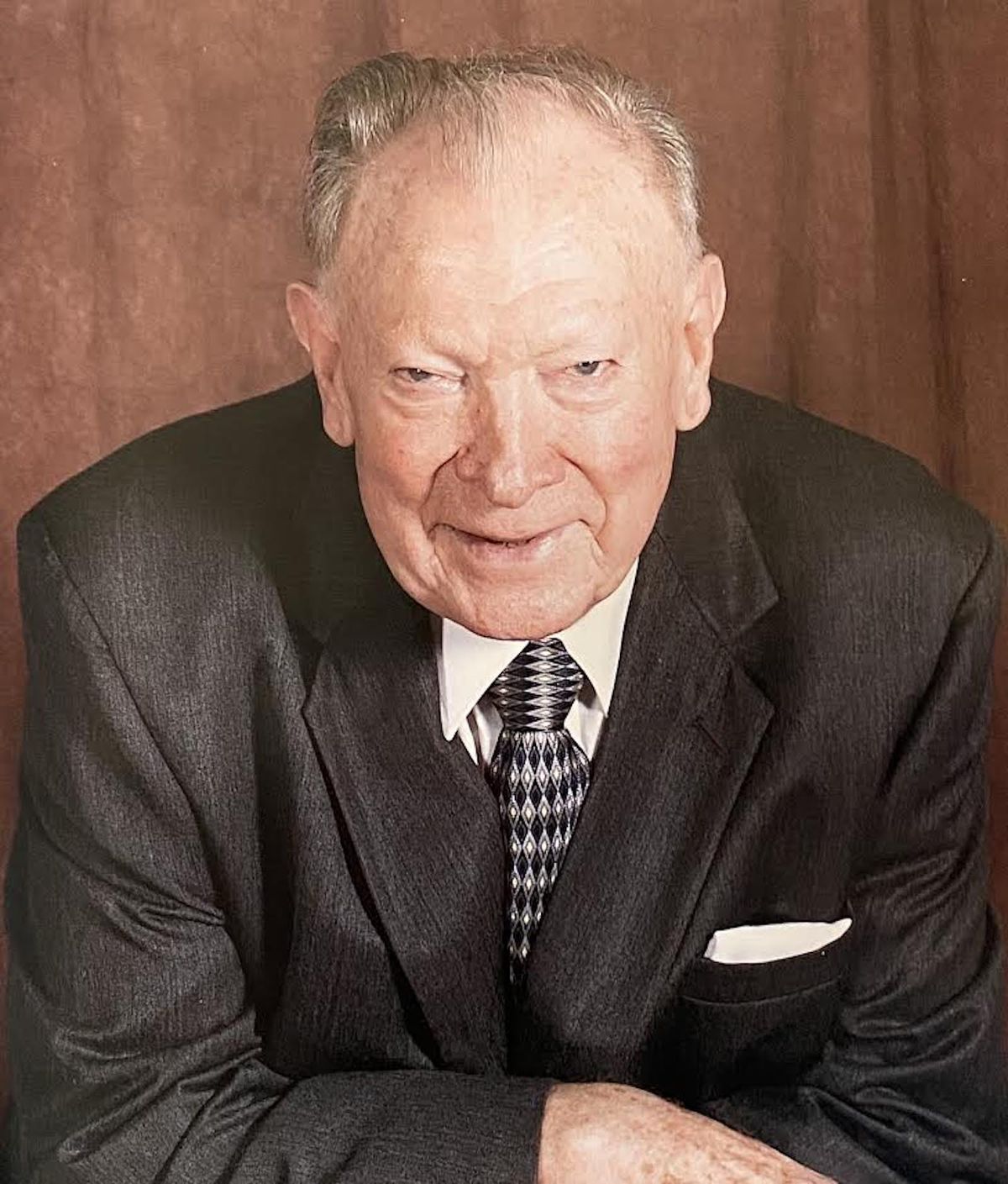
Malachy Towey.Provided
Only two weeks in the past, he’d performed a consultation at Lanigan’s Irish Pub, 3119 W. 11th St.
“He still was able to play a tune,” mentioned Nick Glynn, a supervisor there. “He loved the bodhran.”
“He certainly made a mark with his playing and his presence at the session at Lanigan’s all these years,” mentioned Liz Carroll, an acclaimed fiddler from Chicago who used to be the primary American composer to obtain Ireland’s most sensible cultural prize for normal tune.
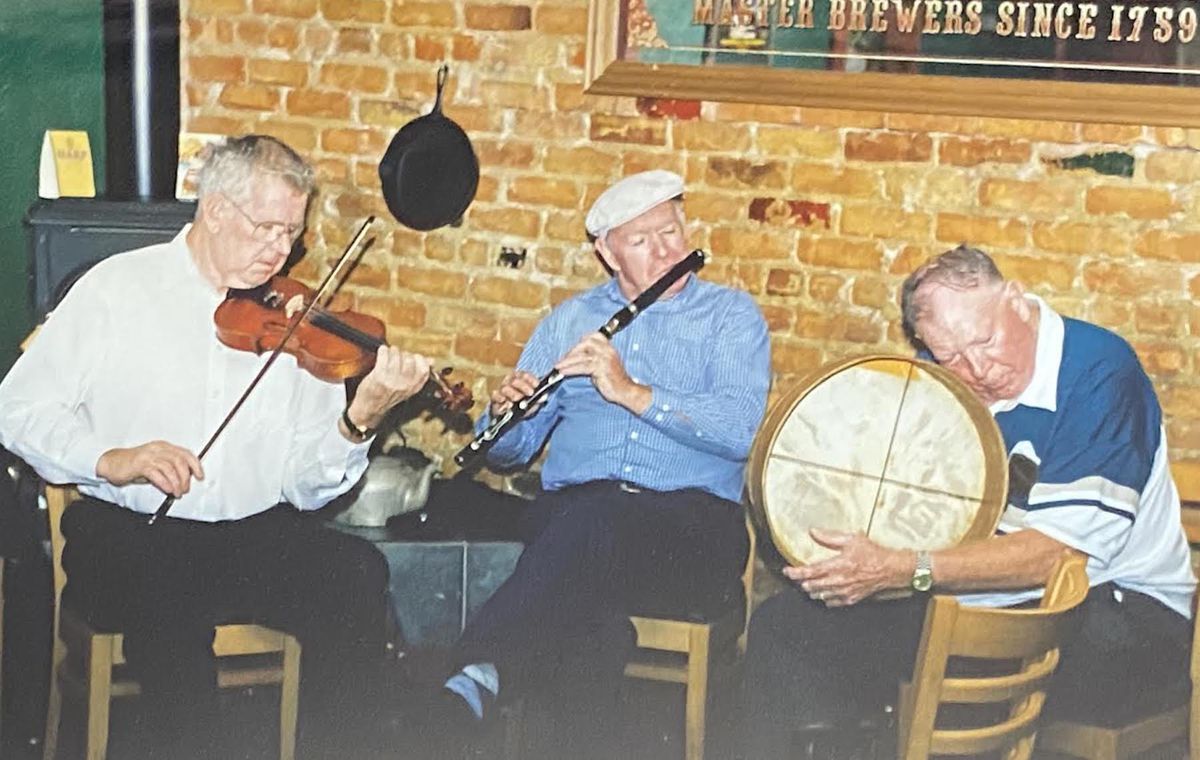
Malachy Towey (proper, on bodhran) and flautist pal Kevin Henry and fiddler Frank Burke.Provided
Young Malachy made his first bodhran at 9. When he used to be a boy, “The bodhran was usually only played one day of the year in Ireland, and that was what they called St. Stephen’s Day” — Dec. 26,” he mentioned in a 2016 interview with Jay Shefsky on WTTW’s “Chicago Tonight.”
He and his 4 brothers and sister grew up on a farm. Even all over the Great Depression, his folks Bridget and Martin “were completely self-sufficient,” his daughter mentioned. “They made everything or produced everything they needed except for tea and sugar.”
They heated their house with turf–peat reduce from bogland.
“When he was a boy, every house was full and there were lots of kids,” she mentioned. But with few jobs, “Eventually, everyone left.”
He adopted his brothers to London, the place he helped restore the wear from German bombs all over the Blitz. He stayed busy as a result of he knew tips on how to do plastering, portray, carpentry and bricklaying.
Able-bodied males went to struggle, so, “at 17, he had a whole gang of men working under him,” mentioned some other daughter, Julia McSweeney.
One day, “He and his brothers were repairing some building that had been damaged in the bombing. and he walked across a roof,” Muhr mentioned. “What he didn’t know was the roof was glass that had been painted black during the blackout” to defend the lighting fixtures from enemy plane. “He fell through the glass really hard on a big table, and he was out of breath, and the table was surrounded by people, and they were all screaming at him. He looked around, and he realized he was lying on a big map of Europe with little boats and flags. It was the British Army’s battle headquarters.”
“He was promptly arrested,” Muhr mentioned. “They let him go right away when they realized he was one of the guys trying to repair the damage.”
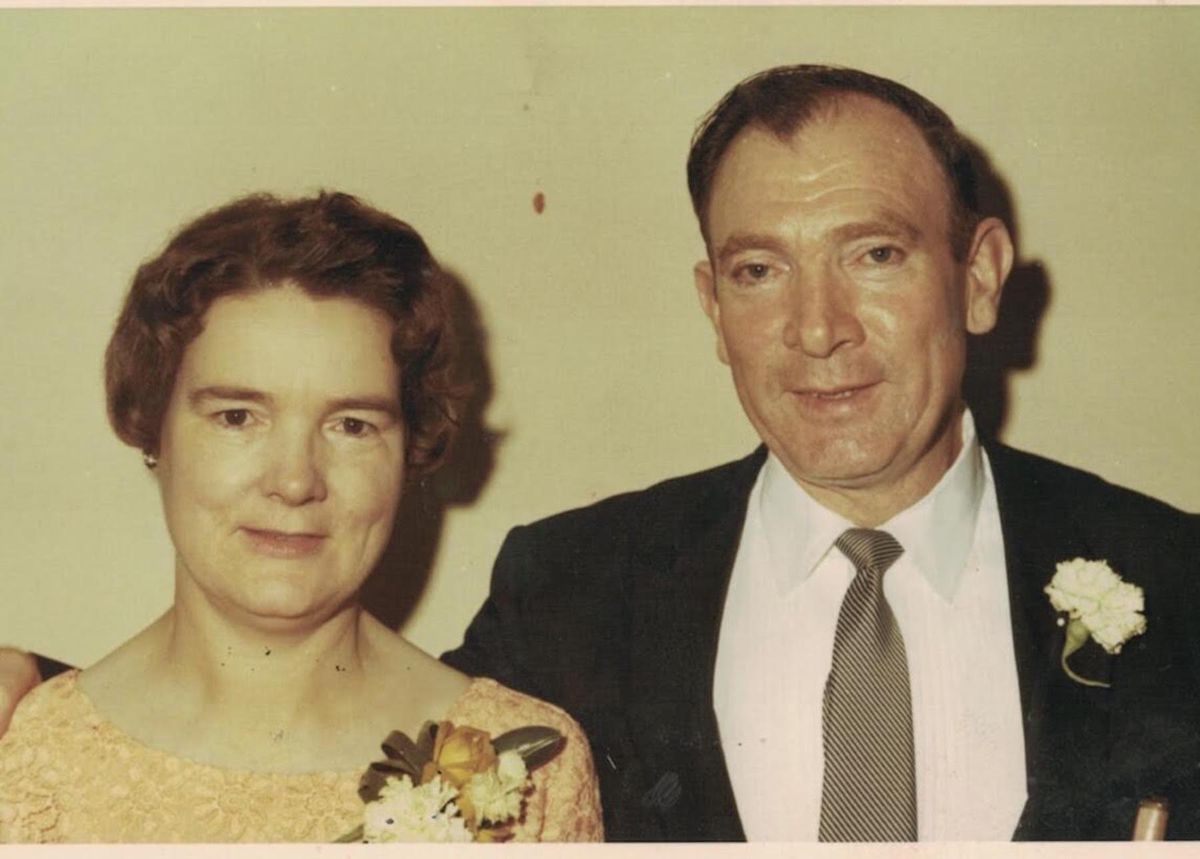
Malachy and Bridget Towey had been married in 1947.Provided
In London, he met Bridget Mooney, a fellow Irish immigrant from Ardee in County Louth. Beside operating at a clinic, she had a wartime manufacturing facility process making timers for bombs, in keeping with their daughters. They married…